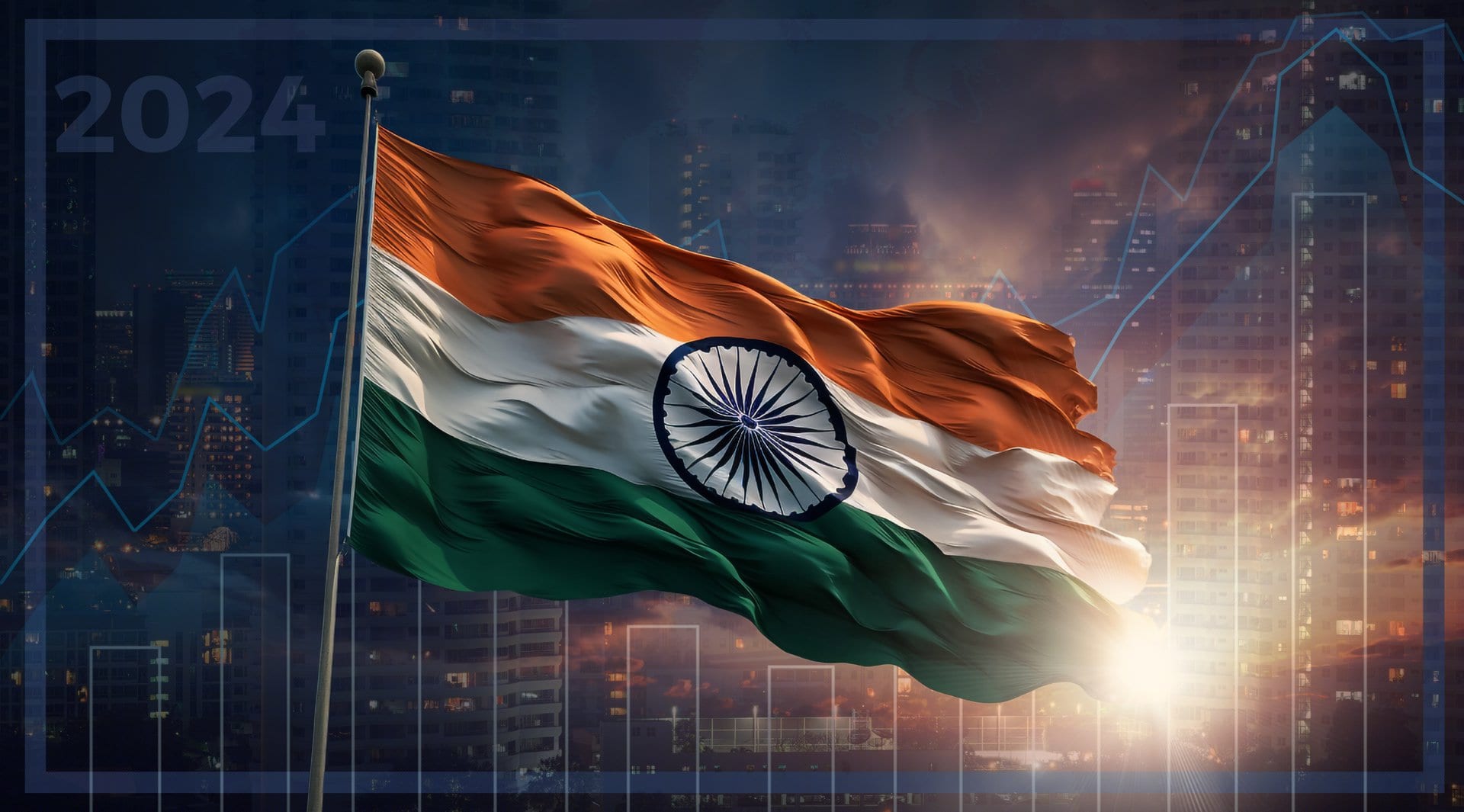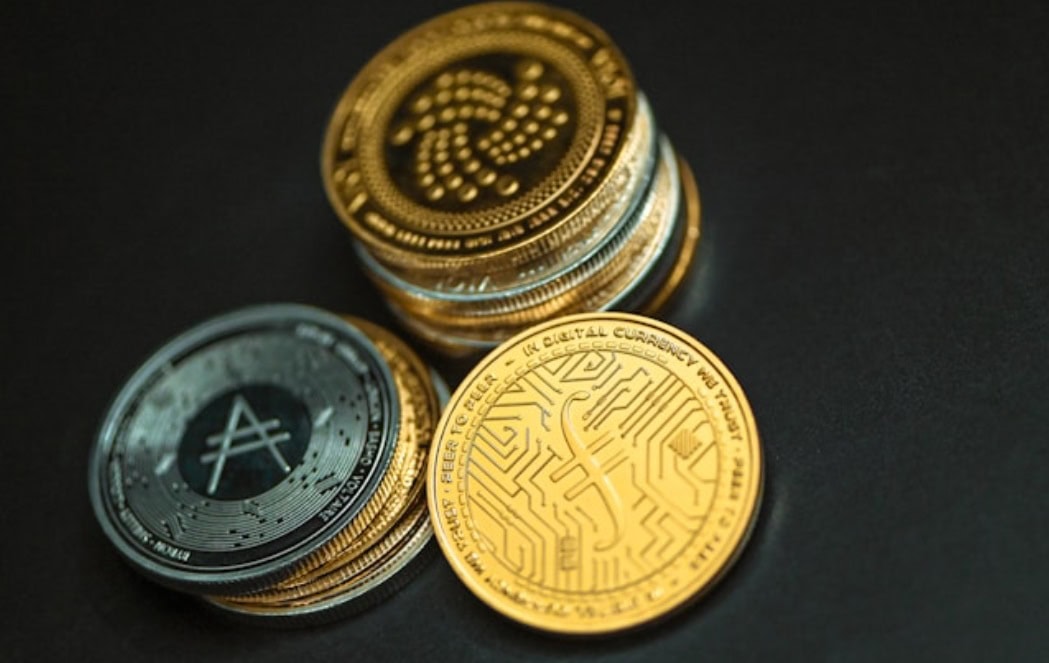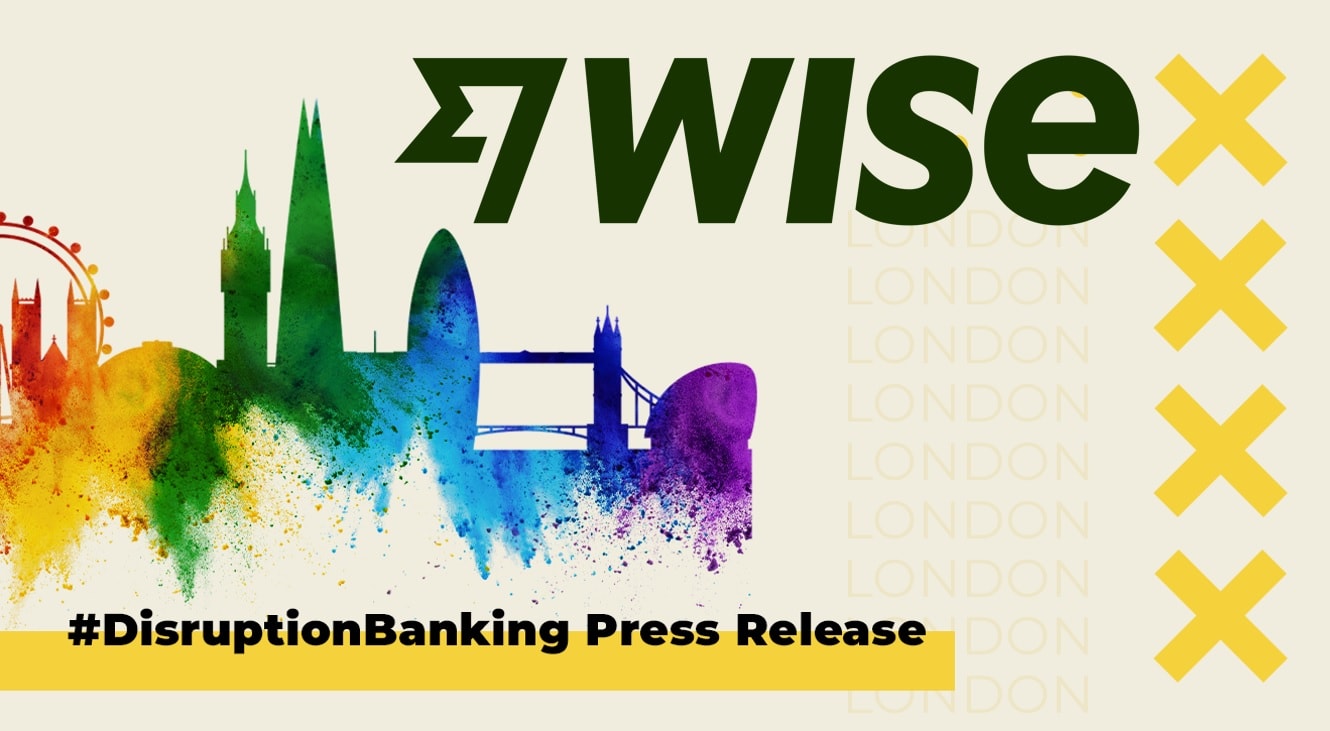In May last year, the Egyptian army, navy, and air force began a military exercise with their ally and neighbour Sudan. The six-day training session was branded “Guardians of the Nile” and came amidst rising tensions with Ethiopia over the East African country’s Grand Ethiopian Renaissance Dam (GERD). The GERD is Ethiopia’s flagship infrastructure project that will offer it significant levels of control over the Nile’s water resources and potentially permanently alter the balance of power in East and North Africa.
The dam is seen as an existential threat in Cairo because it is located on the main tributary of the River Nile and could therefore significantly reduce the country’s water supply. The Egyptian Foreign Minister Sameh Shoukry told the UN Security Council in July 2021 that “Egypt, a nation of a 100 million-plus population, is facing an existential threat posed by the construction of a giant entity on the artery that gives it life.” War between the two states has been, and still could be, a very real possibility despite attempts from the Gulf to mediate between the African countries.
Ground, naval and air forces from Egypt and Sudan began a joint military exercise May 26 amid mounting tensions with Ethiopia over its Nile dam. https://t.co/i06PPxsSlW by @MohamedSabry079
— Al-Monitor (@AlMonitor) May 31, 2021
An often-overlooked element of the GERD controversy, however, is the role played by Chinese banks and state-owned companies in the construction of the dam. It is no exaggeration to say that the dam could not have been built without the financial backing of Addis Ababa’s partners in Beijing. China has provided crucial funds without which Ethiopia, which happens to be in significant economic trouble at home, the project would have collapsed.
In 2013, China offered Ethiopia a $1.2 billion loan in order to build transmission lines between the dam and local towns. After Ethiopia’s prime minister, Abiy Ahmed, visited Beijing in 2019, China offered a further $1.8 billion to advance GERD-related renewable energy infrastructure. Chinese multinationals and state-owned companies – including Sinohydro, the Gezhouba Group, Voith Hydro Shanghai, and the China International Water and Electricity Corporation – have all been involved in constructing the dam.
Ethiopian Electric Power, the state utility company, contracted Gezhouba to the order of $40.1 million in 2019 to help them finalise the building of the dam. Chinese banks have provided financing for the purchasing of crucial equipment and technologies. The involvement of both Chinese companies and the Chinese state in the GERD project could hardly be greater.
“The Chinese factor is a very important one” in the Grand Ethiopian Renaissance Dam (#GERD).
— #DisruptionBanking (@DisruptionBank) September 1, 2023
Beijing has major investments in Ethiopia, Egypt, and Sudan, giving it potentially powerful leverage in the dispute.https://t.co/v1pz1vuPeK
This strong commitment to the GERD is somewhat strange, however, when you consider China’s deep involvement with the Egyptian market too. Chinese companies – including financial institutions – are embedded in Egypt. As far back as 2009, the China Development Bank (CBD) chose Egypt as the destination for its first overseas representative office. In 2013, the Bank of China opened a Chinese Business Desk in Cairo in order “to promote the further development of China-Egypt economic and trade investment.”
In 2019, President Sisi travelled to Beijing and agreed a $3 billion loan deal with the Industrial and Commercial Bank of China (ICBC) to establish a new business zone in Cairo. Strong relations in finance and banking have helped support wider trade and development; Chinese exports to Egypt have grown at an average rate of over 15% per year over the last thirty years.
In most cases, China is clearly keen to try and keep both Cairo and Addis Ababa happy – and indeed invited both of them to become members of the BRICS alliance last month. But why are they so firmly on the side of Ethiopia in the GERD dispute?
South African President Ramaphosa officially announced the expansion of the BRICS: “We have decided to invite Argentina, Egypt, Ethiopia, Iran, Saudi Arabia and the UAE to become full-fledged members of the BRICS. Their membership will begin on January 1, 2024”. pic.twitter.com/Hfd6bG4a89
— Roberto (@UniqueMongolia) August 24, 2023
China does have self-interested reasons to promote the rights of Ethiopia, as an upstream country, to manage water resources however it sees fit. After all, China itself is also an upstream country and has instigated several projects within its own borders that similarly divert water away from neighbouring countries. For example, since 2021 China has been working on a new dam on the Mabja Zangbo river, within touching distance of both India and Nepal, that could be used to reduce water flows to the two countries.
Whenever votes at the United Nations or other international fora have arisen on the topic of water management, China has consistently voted against the implementation of frameworks to govern the sharing of natural resources. China has also defended Ethiopia in the UN Security Council and voted against any motions condemning the GERD. Beijing is supportive of the GERD because the East Asian power is keen to assert the rights of upstream countries in defiance of international norms or conventions.
Despite having strong financial and political relationships with Egypt, China sees its support for the GERD as an indispensable part of its foreign policy and Belt and Road Initiative. China is seeking to create a parallel international order and to diminish the power of Western-led multinational structures. In the realm of water management, that means asserting the rights of upstream countries and rejecting any notion of shared sovereignty of joint resources. Ethiopia’s approach to the GERD is symbolic of how a future Chinese-dominated world might work.
Author: Harry Clynch
#China #Egypt #Ethiopia #MENA #GERD
















One Response
We appreciate Chinese support for GERD , which the right of Ethiopians to use our resources. I wanna ask those people and countries who don’t support GERD just a very simple thing ,
Is there any other countries in the world that don’t have right on its water resources except those of the upstream countries of Nile? I am really very ashamed of Egypt and Sudan who claims the whole of Nile river and even never want Ethiopia to get its shares. How much is Ethiopia water share on Nile river? Does any body educate any of Ethiopian please let me know .